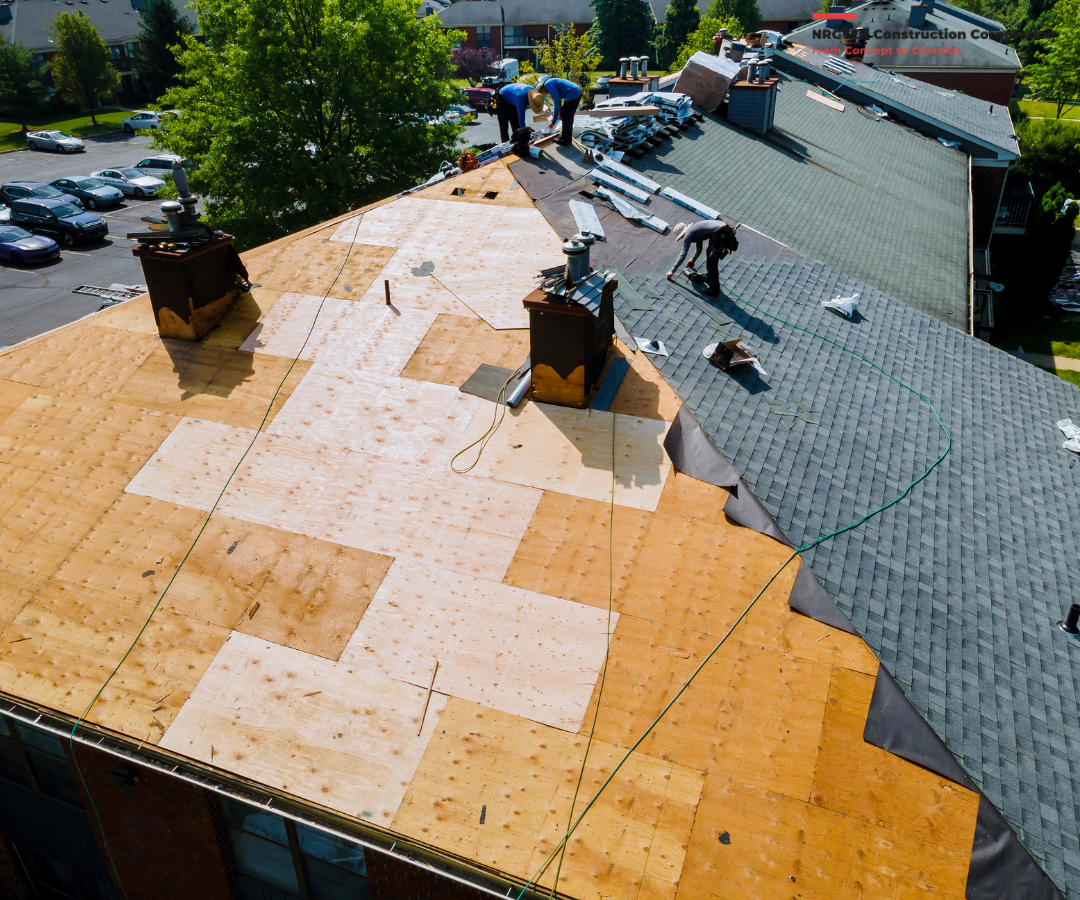
British Columbia (BC) is well known for its diverse communities, energetic cities, and breathtaking landscapes. But beneath its picturesque landscapes and vibrant cities is a serious problem that thousands of locals face: the rental housing crisis. This blog explores the crisis’s main causes, ramifications, and possible avenues for long-term fixes.
The Scope of the Crisis
Rapid population growth, a shortage of available housing, and skyrocketing real estate prices have all contributed to the years-long strain on BC’s rental housing market. Vancouver routinely ranks among the most expensive cities in the world for renters, according to recent reports. The problem is not limited to the city; there is a serious housing shortage in other regions of the province as well, such as Victoria and Kelowna.
Contributing Factors
- High Demand and Low Supply: Rental housing is in much greater demand than it is available. The demand for rental units has increased as a result of BC’s steady population growth and the influx of newcomers and students. In the meantime, zoning regulations, expensive building costs, and drawn-out approval procedures have all contributed to the lack of new rental properties.
- Skyrocketing Real Estate Prices: Due to the high cost of buying a home, many residents are now renting, which intensifies competition for available real estate. Investors frequently choose to purchase homes with the intention of renting them out, which raises prices and limits the number of available residences for first-time purchasers.
- Regulatory and Policy Challenges: Effective solutions have occasionally been hampered by inconsistent policies and regulations. Rent control and the prohibition on renovictions are two examples of measures that have been introduced to protect renters, but there are still issues with implementation and enforcement. Furthermore, the intricacy of regulations may discourage landlords from renting out their properties and new housing developments.
Impact on Residents
The rental crisis has wide-ranging consequences. Finding affordable housing has grown to be a difficult task for many locals, particularly young people, seniors, and low-income families. The prevalence of homelessness, overcrowding, and unstable housing is rising. All facets of society are impacted by this crisis, which also affects family relationships, community cohesion, and mental health.
Potential Solutions
Addressing BC’s rental housing crisis requires a multifaceted approach:
Increasing Housing Supply: The supply of rental units can be increased by simplifying zoning regulations and expediting the approval process for new housing developments. Repurposing underutilized properties for residential use and providing incentives to developers to construct affordable housing are also crucial tactics.
Rent Control and Tenant Protections: Renters can benefit from stability by strengthening rent control laws and improving tenant protections. This includes shielding renters from wrongful evictions and making sure that rent increases are kept to a minimum.
Government and Community Partnerships: It is imperative that government agencies, nonprofit organizations, and the private sector work together. Grants, tax breaks, and other initiatives that promote affordable housing projects can persuade more developers to make investments in reasonably priced rental properties.
Innovative Housing Models: Exploring alternative housing solutions, such as tiny homes, co-housing, and modular housing, can help address the shortage. These models can be quicker and cheaper to build, offering viable options for affordable housing.
Moving Forward
BC’s rental housing crisis is a complicated issue that requires immediate attention and creative solutions. We can strive toward a future where everyone has access to stable, reasonably priced, and safe housing by encouraging cooperation, changing laws, and investigating innovative housing models. The time to take action is now, and it is a shared responsibility. By working together, we can create a housing market in British Columbia that is more resilient and inclusive.











Nicely put, With thanks.
jackpot city online casino free https://combatcasino.info/online-slots/ online casino echtgeld per lastschrift